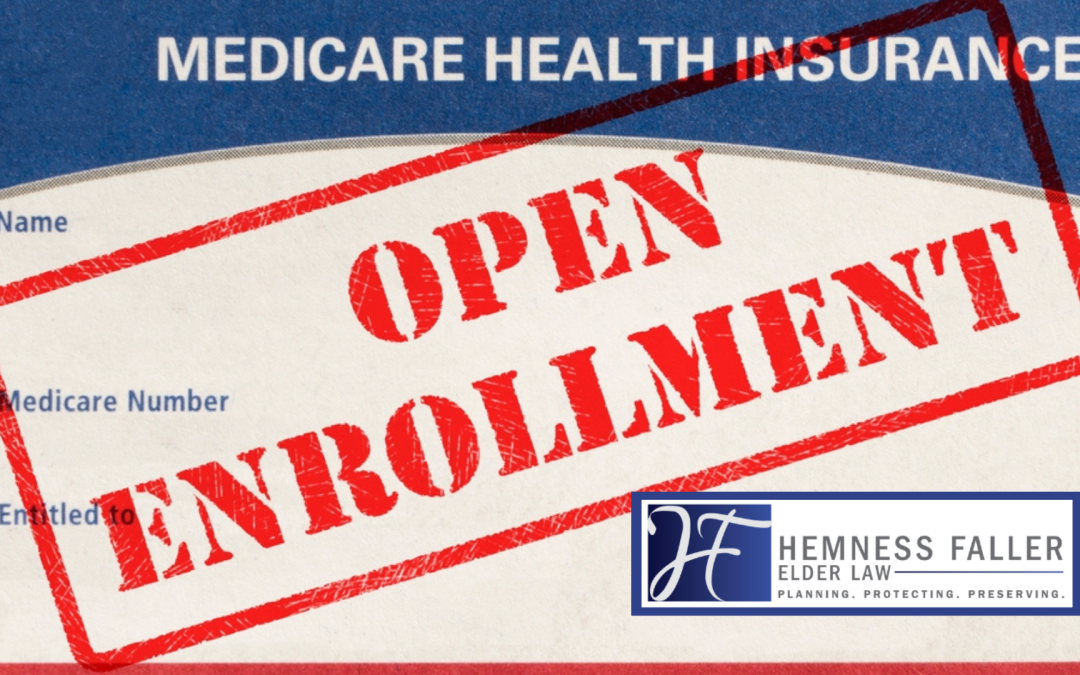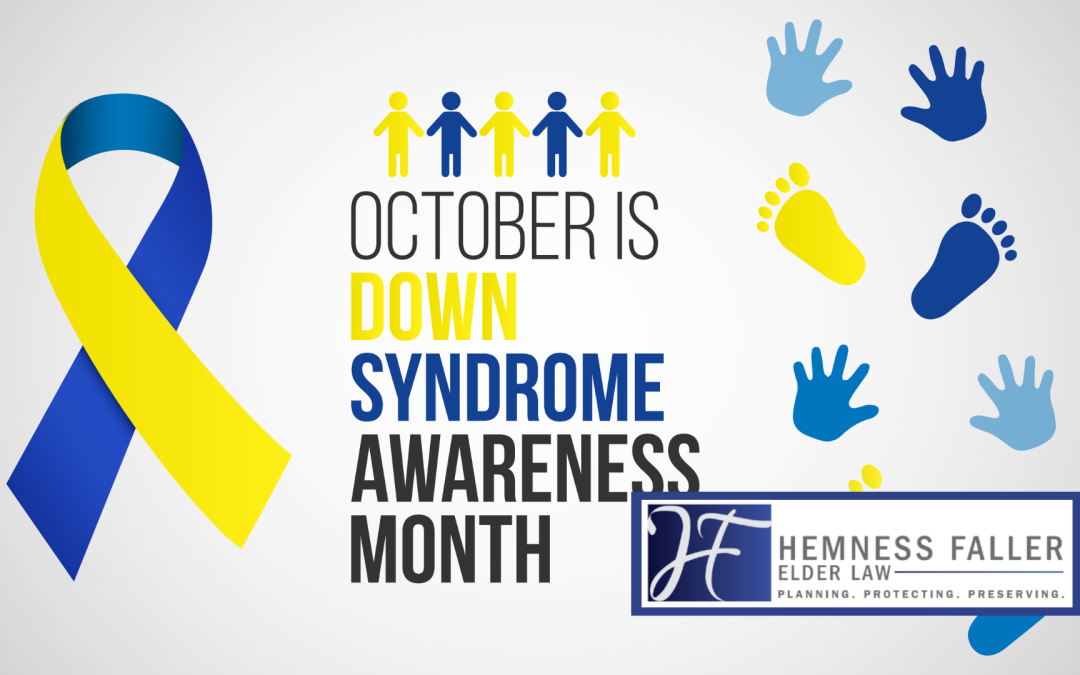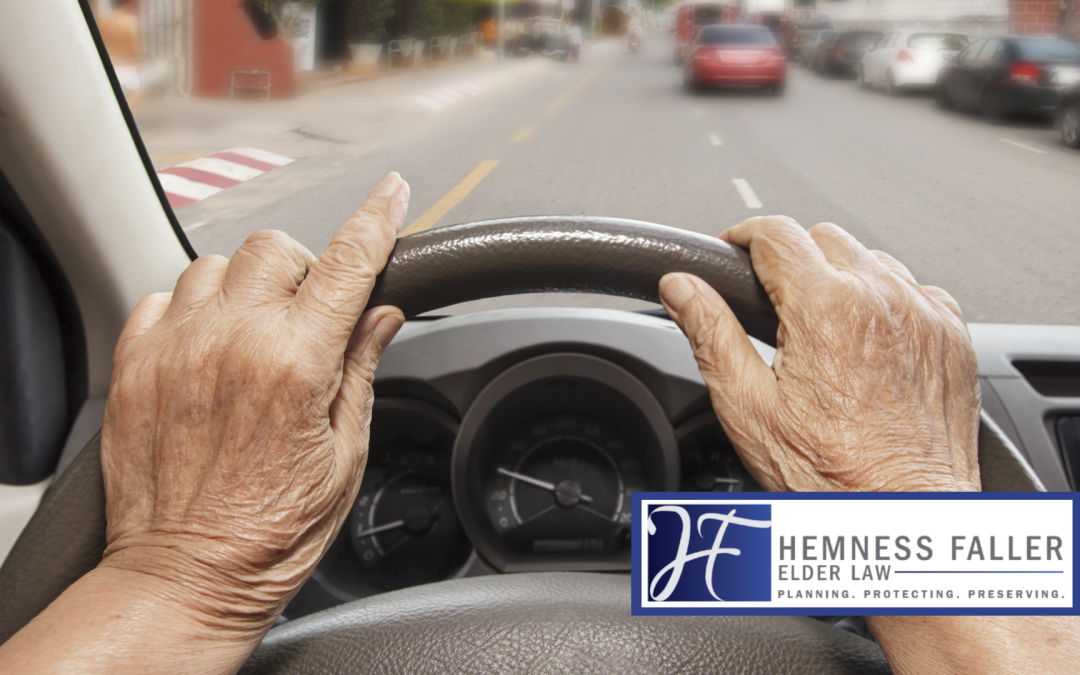During the holiday season, most families are able to take more time to spend together. As Floridians ourselves, we often see adult children traveling to visit their aging parents who have retired to Florida. Unfortunately, it is during these visits that we often receive a frantic telephone call. The visiting children learn that mom or dad is having a significant amount of trouble each day with daily tasks. These tasks may include, but not be limited to, getting dressed, preparing meals, driving to the grocery store, or managing medication.
Many of the adult children we meet with are shocked to learn that their parents are having these issues. They share feelings of frustration that their parents did not tell them what was going on. We understand what you are going through and empathize with your situation. It is never easy to see a loved one start to decline in either mental or physical abilities.
We have been asked this holiday season what signs adult children should be on the lookout for when it comes to monitoring aging parents. Let us share with you several indicators your aging parent may need more help. We share these insights with our clients, their children, friends, and professionals we work with in our local community.
- Forgetfulness. All of us can have moments of forgetfulness. During your visits with your parents, however, it is important to monitor if forgetful moments shift from occasional to frequent. Further, watch to see if the forgetfulness is related to long term or short term memory. For example, do your parents frequently forget where they place their car keys or do they forget the names of family members in favorite holidays stories? Both of these issues can be cause for concern and you can learn more about the dangers of memory loss in this article here.
- Clutter and disorganization. Even if you are staying in a hotel, be sure to go to your parents’ home or apartment. Is it clean? Is it dirty? Is it cluttered or excessively disorganized? Even if your parents were not very neat and organized during their middle-age years, this can be a sign of a problem. In addition to the memory issues it may suggest, it may also be a warning sign of fatigue and exhaustion. Do not wait to talk to your parents about how you may be able to help them maintain their living environment.
- Medication management. Most Older Americans take over three medications. Ask them what medications they are taking and the name of the doctor or doctors who prescribed them. Having a current medication list is incredibly important to maintain for both you and your parents, especially in the event of a crisis. Further, take a look at the medicine they take. Is it organized? Is it clear when they take each medicine? Do they have trouble opening bottles? Talk to your parents about smartphone apps that can help them remember when to take their medicines and pharmacy options available today that may organize their medicines by day and time, as well as storing them in easy to open containers.
- Poor driving. A decline in the ability to drive can happen as we age but, often, it can be a sign of other issues as well. Take a ride with your parents during both the day and the night. Observe their ability to handle the car as well as their ability to maintain the speed limit and their reaction times. Ask your parents if they are comfortable driving and discuss solutions with them when you do not live nearby. In addition to local transportation options for seniors, they are a number of services available today such as Uber and Lyft that may be able to help transport your aging parents.
These are just a few of the observations to make in your aging parents as you visit them now and in the New Year. Remember these conversations, especially when you are discussing a decline in their activities of daily living, can be difficult to have. Be empathetic and know that we are here to help you find solutions for them when it comes to estate planning and elder law planning. Do not wait to contact our law office with your questions today.






